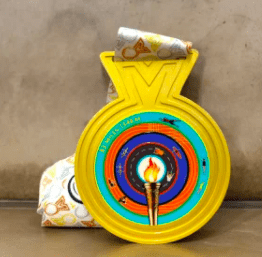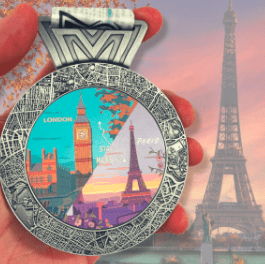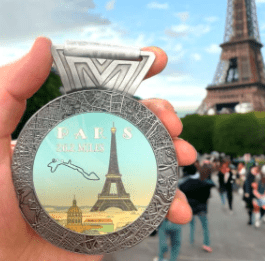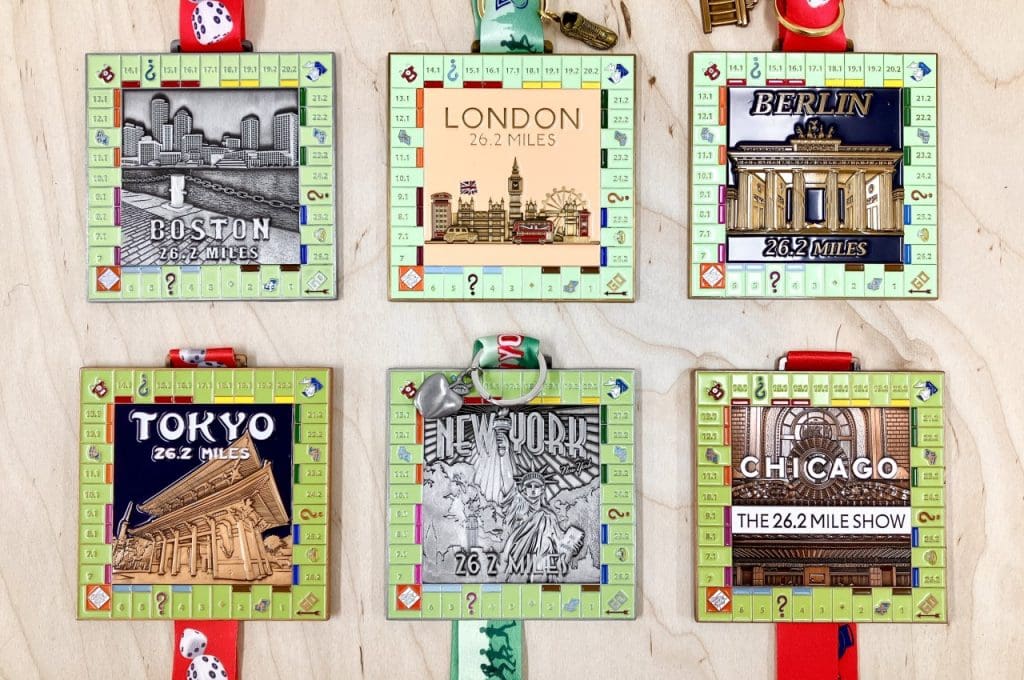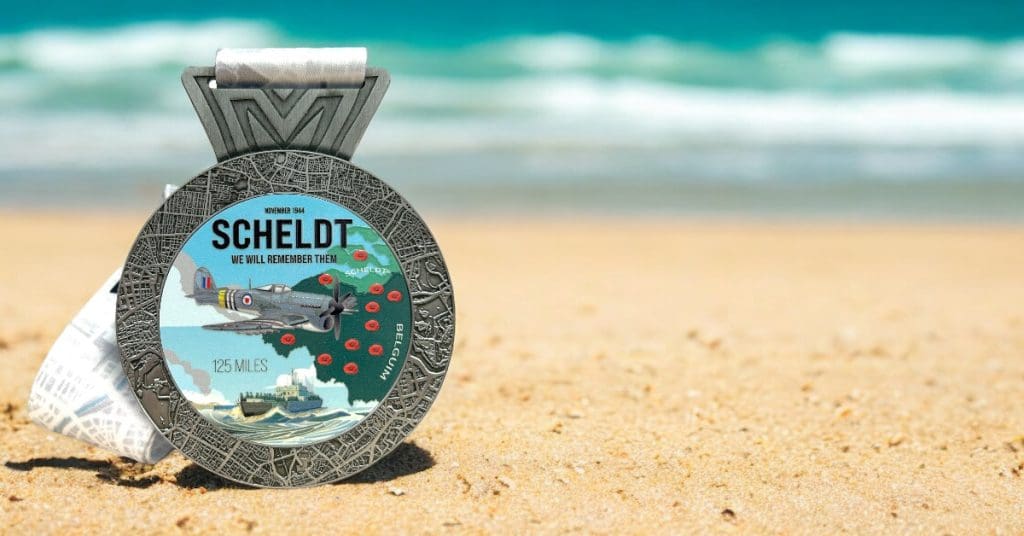Olympics – Let the Games Begin!
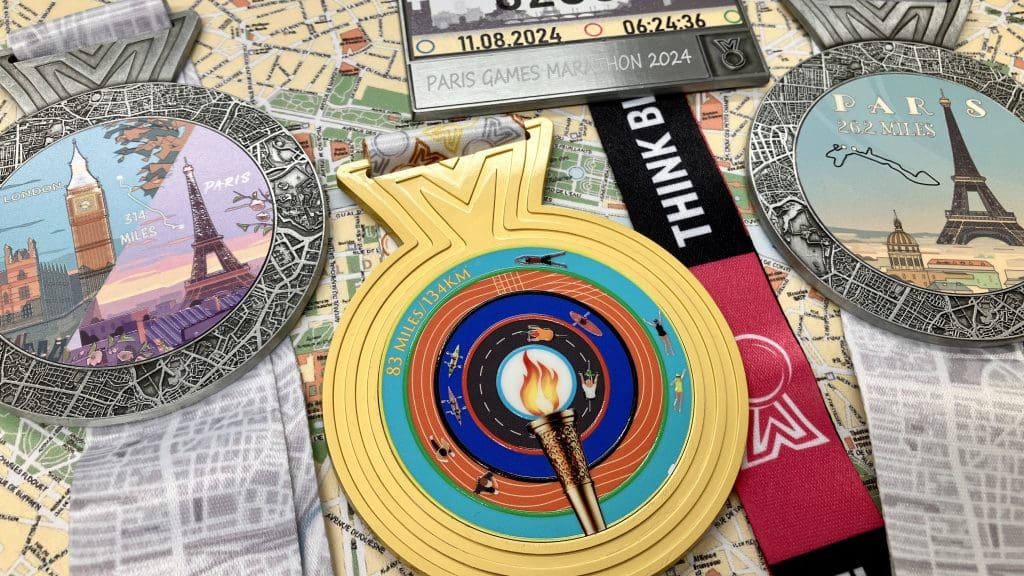
With less than a month left until the 2024 Olympics, excitement is building at the MedalMad office as we eagerly await the Games. Paris will host the 33rd edition of the modern Summer Olympic Games, running from July 26th to August 11th. A total of 10,500 athletes will participate in 329 medal events across 40 sports. Following the Olympics, the Paralympics will be held from August 28th to September 8th, featuring 4,400 athletes competing in 549 medal events across 22 sports, encompassing both individual and team competitions.
So where did it all begin?
The ancient Olympic Games began in 776 BC in Olympia, Greece, and were held every four years, known as Olympiads.
Initially, the Games were a one-day event featuring a single foot race (the stadium), but over time, more events were added, including wrestling, pentathlon, chariot racing, and others.
The Olympics served to promote peace among the Greek city-states and to honor Zeus. They continued until 393AD where following the Roman Empire’s rise, the Emperor Theodosius I banned all pagan festivals, including the Olympic Games.
It was revived in 1896 as proposed by Pierre de Coubertin, a French educator and historian.
The first modern Olympic Games were held in Athens, Greece, under the auspices of the International Olympic Committee (IOC), founded by Coubertin in 1894.
The Games aimed to promote international understanding and peace through athletic competition. This was the beginning of what is known as the Modern Olympics. Since then, the Olympics have been held every four years, except during World War I and World War II.
Paralympic History
The history of the Paralympics began in 1948 at a hospital for war veterans in Stoke Mandeville, 40 miles north of London. German neurologist Sir Ludwig Guttmann sought a way to help his paraplegic patients, all World War II veterans, rehabilitate more quickly. His specialized unit comprised Royal Air Force pilots with spinal cord injuries, all requiring wheelchairs. Dr. Guttmann organized sporting events to coincide with the London Olympic Games.
Sixteen veterans in wheelchairs competed in archery and netball, the latter already practiced by American soldiers returning home. By organising these competitions, Dr. Guttmann unknowingly initiated a new sporting movement which would grow and be named the International Stoke Mandeville Games after the founding Hospital.
By 1960 the ninth International Stoke Mandeville Games took place between the 18th to 25th September in Rome, six days after the Closing Ceremony of the Olympic Games and was considered to be the first Paralympic Games. 23 nations took part, sending 400 athletes — all in wheelchairs — who compete in eight sports: Para athletics, wheelchair basketball, Para swimming, Para table tennis, Para archery, snooker, dartchery (a combination of darts and archery) and wheelchair fencing.
The Games continue to grow and expand both number of events and athletes, changing its name to the Paralympic Games in 1984.
Today
The Paris Olympics in 2024 will mark the third time Paris has hosted the Olympics, previously hosting in 1900 and 1924. The 2024 Olympics will also see the inclusion of two new events: breaking and kayak cross.
In honour of such a celebrated event here at the MedalMad office we have created our own challenge! The Games, take on this challenge with us and navigate the Paris map to all the locations of the events shown on the medal, athletics, swimming, cycling, and rowing. The distance of 83 Miles represents is the longest event in all disciplines combined.
